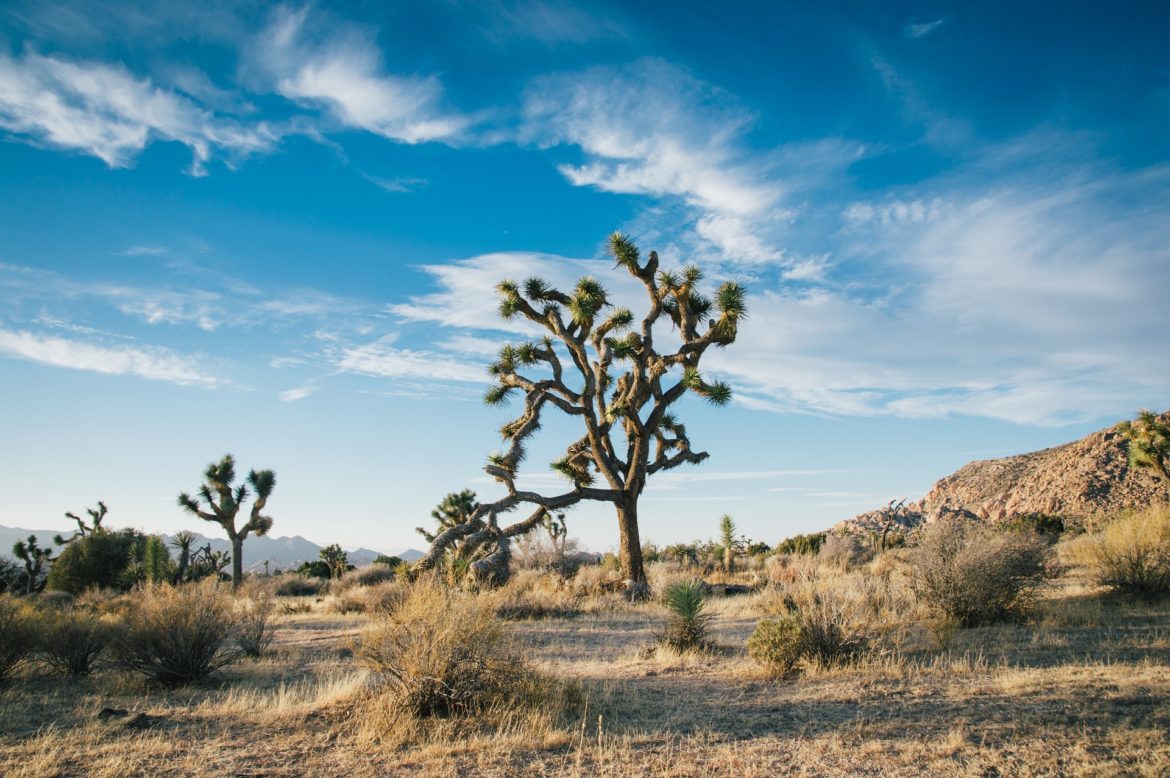MARIN COUNTY, Calif. — Pagans have participated in, and provided leadership for, Marin Interfaith Climate Action since it began in March, 2017. Marin Interfaith Climate Action is composed of Bahá’ís, Buddhists, Catholics, Jews, Muslims, Pagans, Progressive Protestants, Unitarians, and members of the Unity Church. Aline “Macha” O’Brien of the Covenant of the Goddess has provided the Pagan presence in this group. In the aftermath of the 2016 election, congressman Jared Huffman of California spoke at a town hall meeting, urging the roughly 800 people attendees to build local leadership on the issue of climate change.

